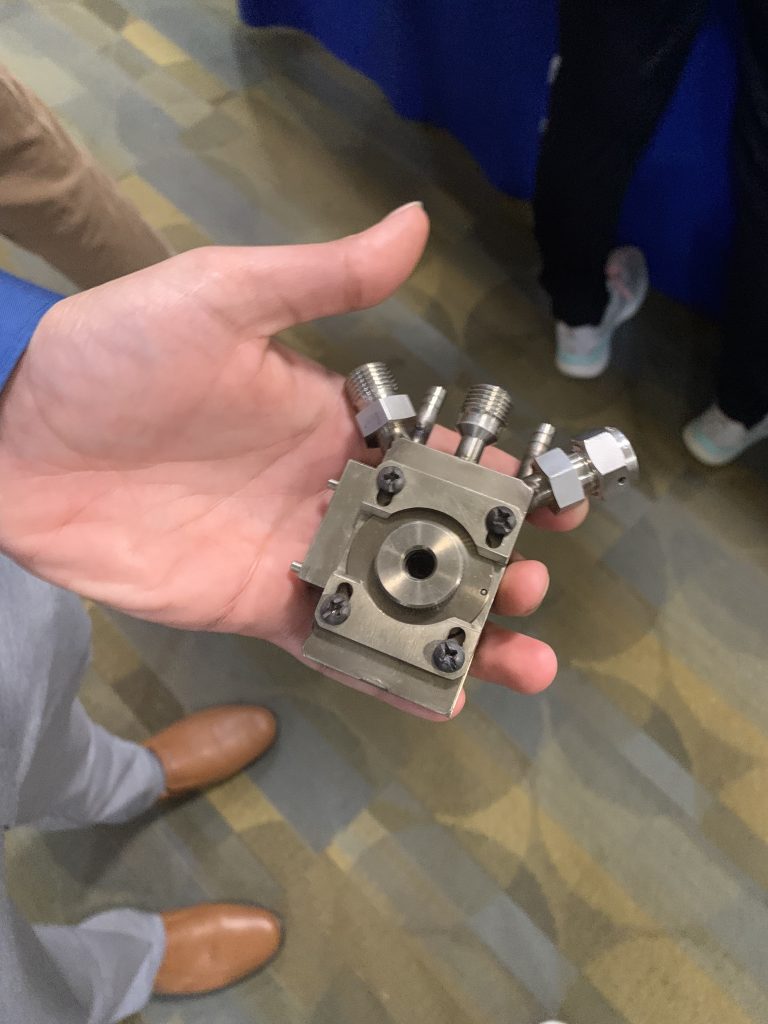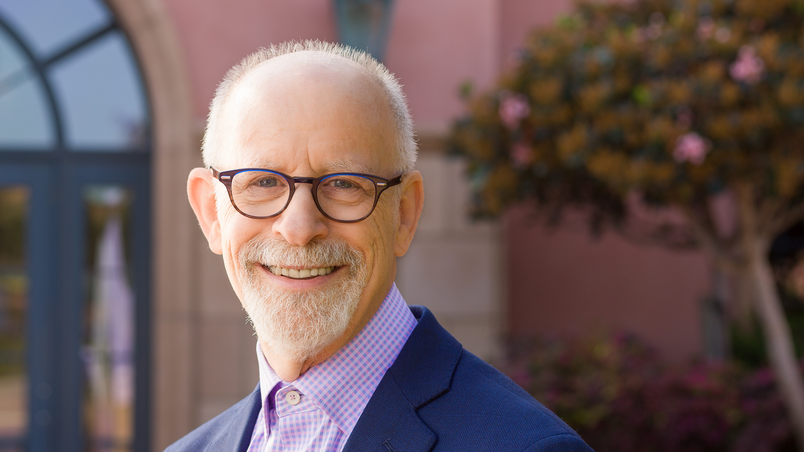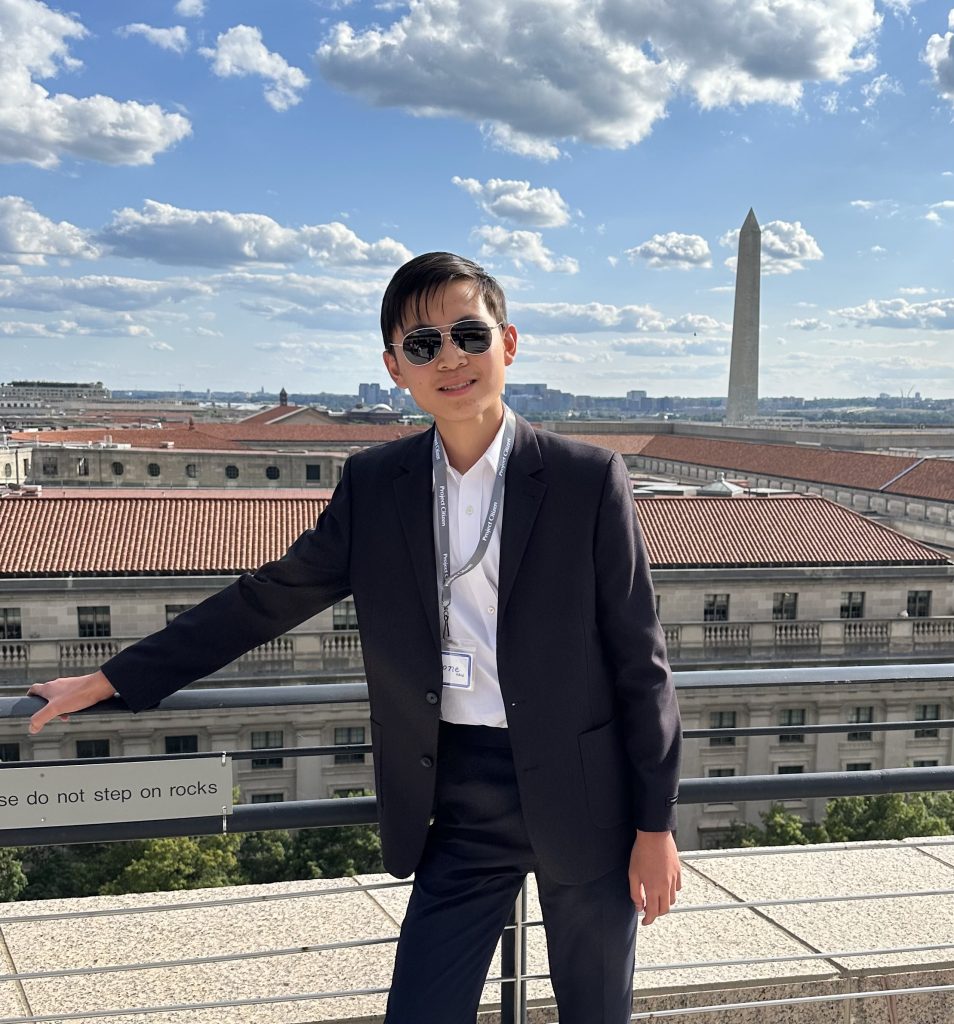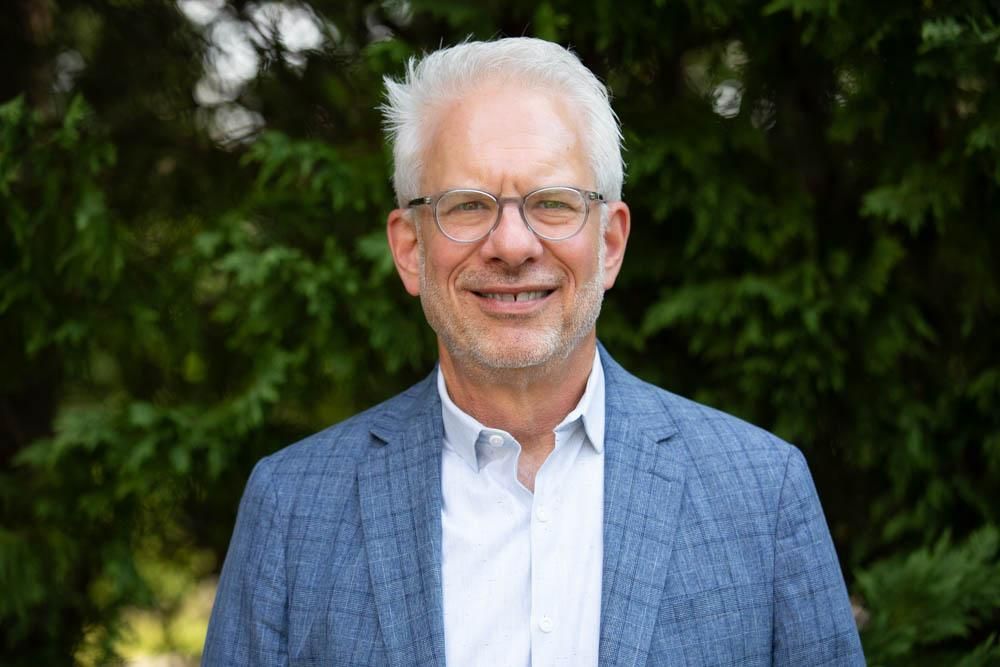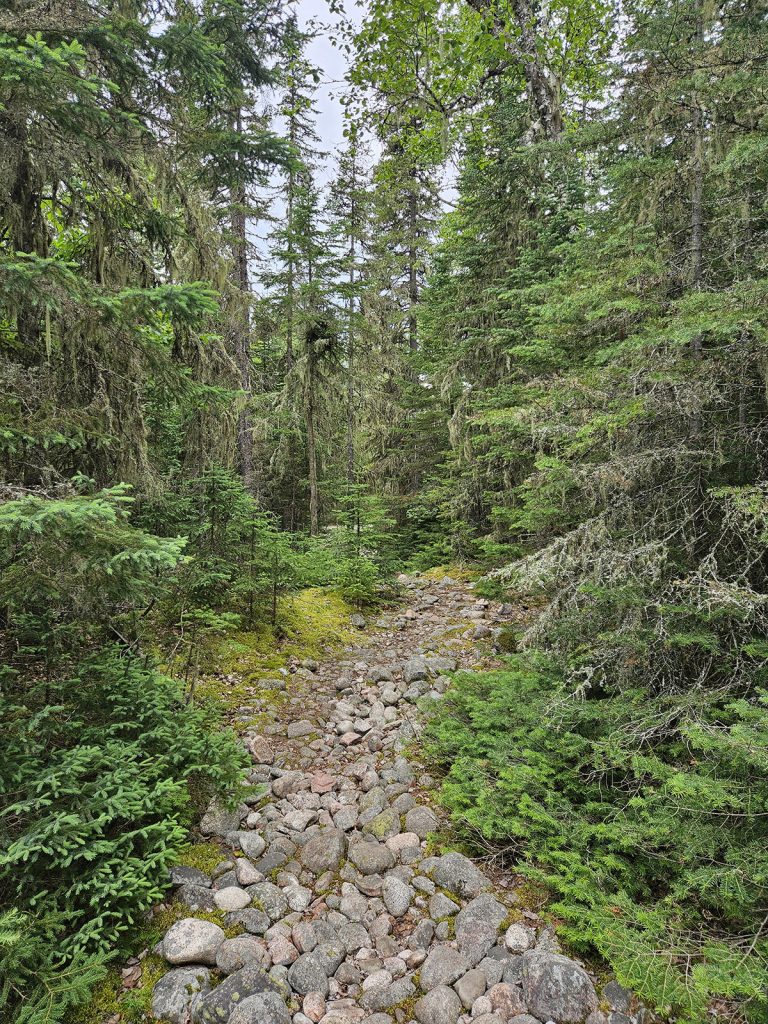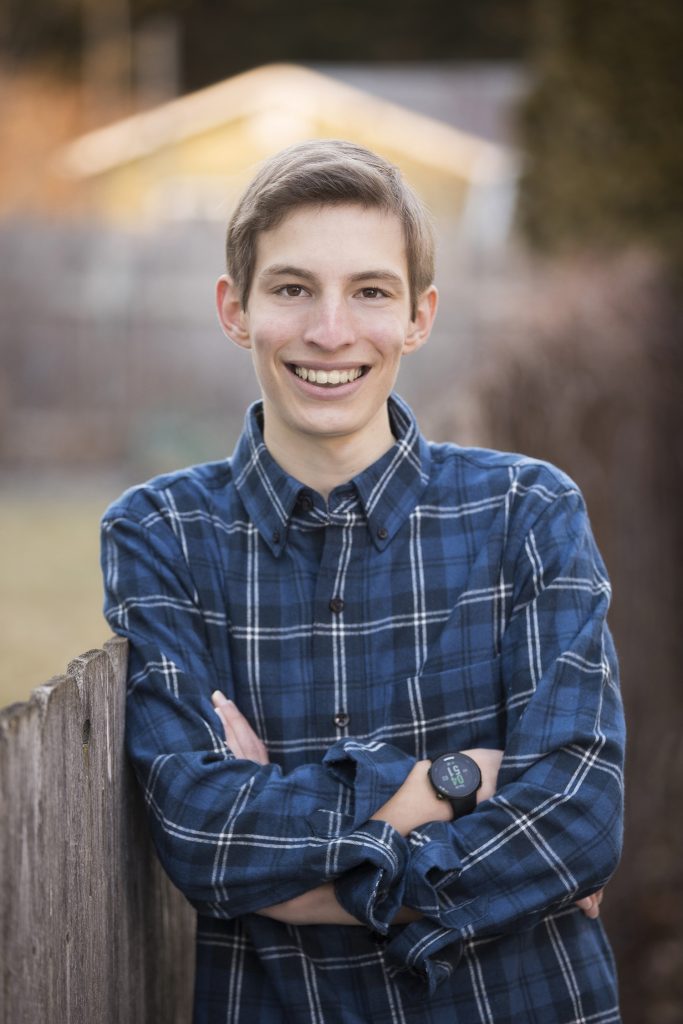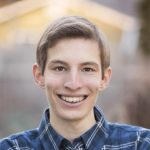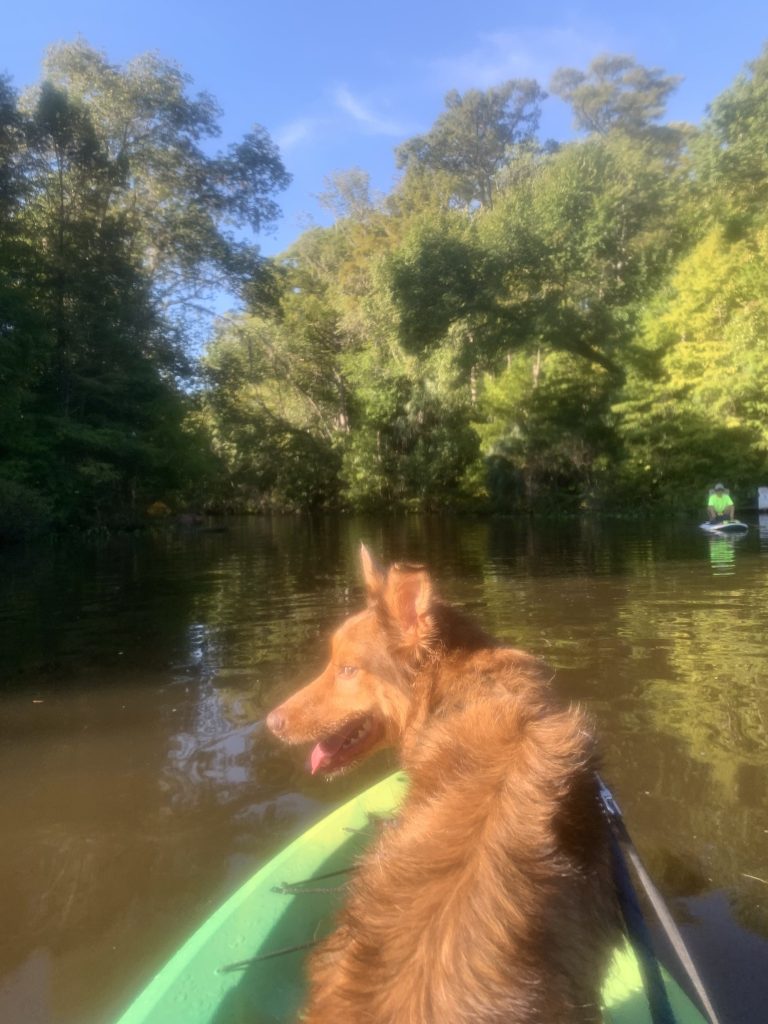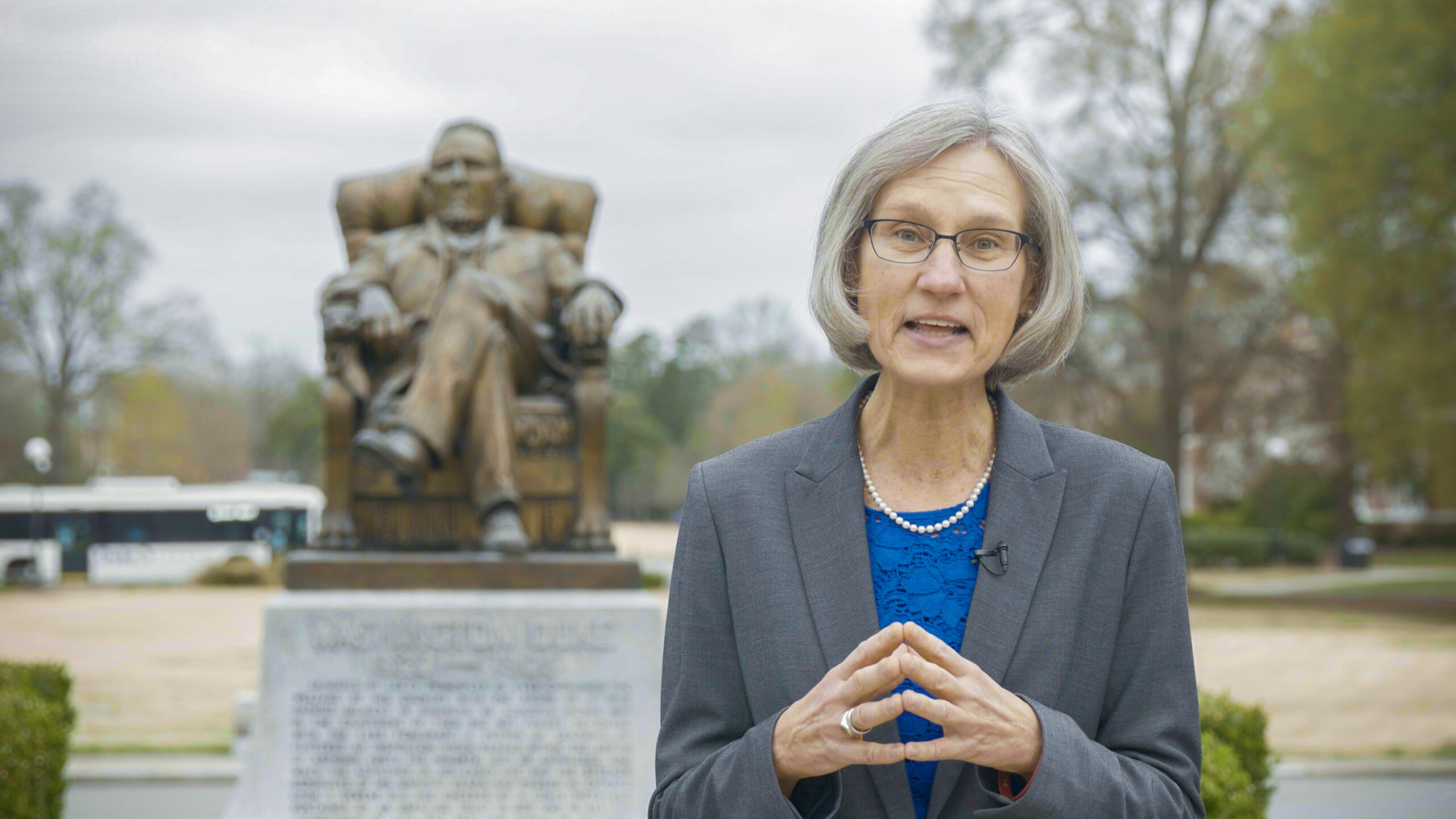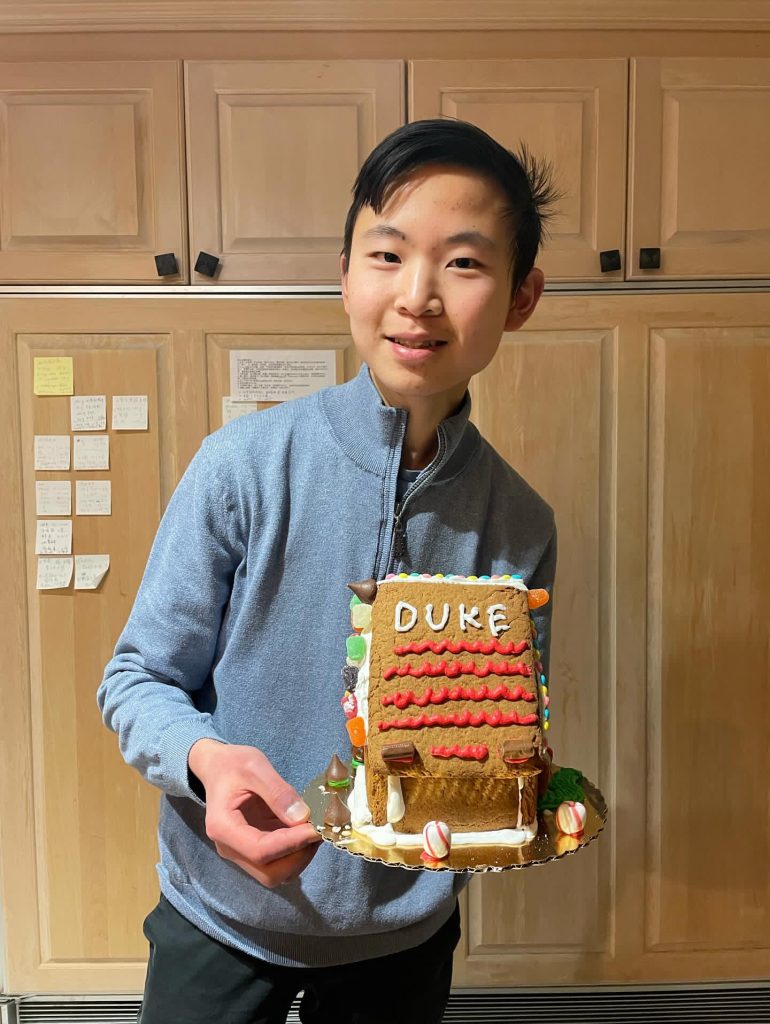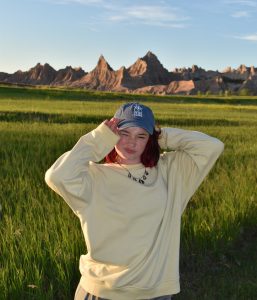On Thursday, April 17, students from Duke’s course Climate, Culture and Identity held a screening for their documentary shorts focusing on how climate change has been impacting Durham and nearby communities. Led by Duke professors Saskia Cornes and Lauren Henschel, the class produced intellectually stimulating and inspirational documentary shorts.

“These are people who have never made films before,” said Cornes, an assistant professor of the practice of the John Hope Franklin Humanities Institute and program director of the Duke Campus Farm. “They’ve spent a lot of time thinking with really complicated texts, with works of poetry, a lot of really heavy critical theory, films, and documentaries,” pointing to the rows of both butterfly-bellied and proud students waiting to share their work with us.
Henschel, Instructor in the Department of Gender, Sexuality & Feminist Studies, director of Doc+ at Duke Center for Documentary Studies and a Duke alumna, added that “These films are more than assignments. They are meaningful contributions to an ongoing conversation. They expand what it means to do climate work by bringing academic ideas into dialogue with real lives, real communities and real urgency.” She also said, “Just 14 weeks ago, the students didn’t even know they’d be making a film in this course” for which they used nothing but their own phones and the help of their professors.

The four films featured in the screening were “The Roots of Environmental Justice: Legacy & Origins in Warren County,” made by students Laura Cai, Durga Sreenivasan and Audie Waller; “Where Justice Grows: Food, Care, and Collective Sustainability,” made by students Alayna Binder, Annie Carey and Bella Vieser; “Sowing Seeds of Conversation: Navigating the History of the Duke Campus Farm,” made by students Hunter Habersaat, Ilakkiya Senthilkumar and Jennifer Yoon, and “From the Holler to the Sea, I’ve Got You and You’ve Got Me,” made by students Reesey du Pont, Lilah Gorfain and Beatrice Ghosn. Two films stood out to me.

“Sowing Seeds of Conversation: Navigating the History of the Duke Campus Farm”
Shot at the Duke Campus Farm, this documentary short seeks to stitch together the joy of caring for the land at the Duke Campus Farm, and the muddied past of the area where the farm sits, in order to paint a complete picture of what the Duke Campus Farm means to its community. The students who created the film brought multiple perspectives forward, including conservationists, student volunteers, and Duke professors, intertwining these interviews with shots capturing the beauty of the farm.
The Duke Campus Farm is a place for many volunteers and workers to find peace and joy from nourishing. However, it is unclear if the farm sits upon land that once was plantation land where enslaved peoples were forced to work. As a result, the farm offers Duke students a chance to tend to soil marked by generations of violence, while also recognizing their place within a broader institution that has historically harmed marginalized communities. “That is what we want to highlight in our film, that you are doing something by being an active member of your community, and it matters,” said Yoon, who is studying biology at Duke. “You might just think this film is just a class project, but it’s really not because it’s making people’s voices heard and telling the story of the farm and how that affects people in Durham and whoever goes to volunteer.”

It is clear that these students were not afraid to tackle difficult topics, emphasizing the need to research the land’s unclear history so that Duke can acknowledge and implement it into the story of the Duke Campus Farm.
“From the Holler to the Sea, I’ve Got You and You’ve Got Me“
This documentary short focuses on Triangle Mutual Aid, a Research Triangle-based community-led initiative that supported Western North Carolina after the horrific destruction of Hurricane Helene.
Triangle Mutual Aid was quick to offer support, organizing the collection and delivery of supplies just days after the hurricane hit. However, none of this would have been possible without the caring people of Durham, who were promptly donating what they could to Triangle Mutual Aid’s drop-off locations.
The short emphasizes the difference between Mutual Aid and charity work. For one, Mutual Aid does not rely on a hierarchical power; anyone who wants to volunteer is appreciated, respected, and welcome to the community. Additionally, Triangle Mutual Aid prioritizes the relationships between those involved and the community, contributing to a better world, all while relying on the needs and desires of a community and the extent of help the volunteers can provide.
“I think a lot of times when you see pieces in the news after the devastation of hurricane Helene, or environmental disasters, you might see the words and maybe you start to absorb the words of folks, but to see them [the volunteers] on screen has a different effect for you as a viewer,” said Duke student Reesey du Pont, who is studying International Comparative Studies and Public Policy.

As someone from Asheville who saw the devastation of Helene affect my own community, family, and friends, getting to see the faces of those in the Durham community who were so responsive in the wake of the destruction made me feel grateful to be a part of this giving community.
Getting the opportunity to watch all four amazing documentary shorts was truly a pleasure. The students wove together the STEM world of environmental science and conservation and the humanities world of culture and documentary studies seamlessly, showing their true dedication to telling the stories of those involved in the Durham community. It is also clear how much the students look up to their professors, Saskia Cornes and Lauren Henschel, thanking them many times for all their help and guidance throughout the semester.
I hope that we all can learn from these documentary shorts and approach our lives as Durham residents differently, integrating ourselves into the generous community more while acknowledging the history of where we stand.
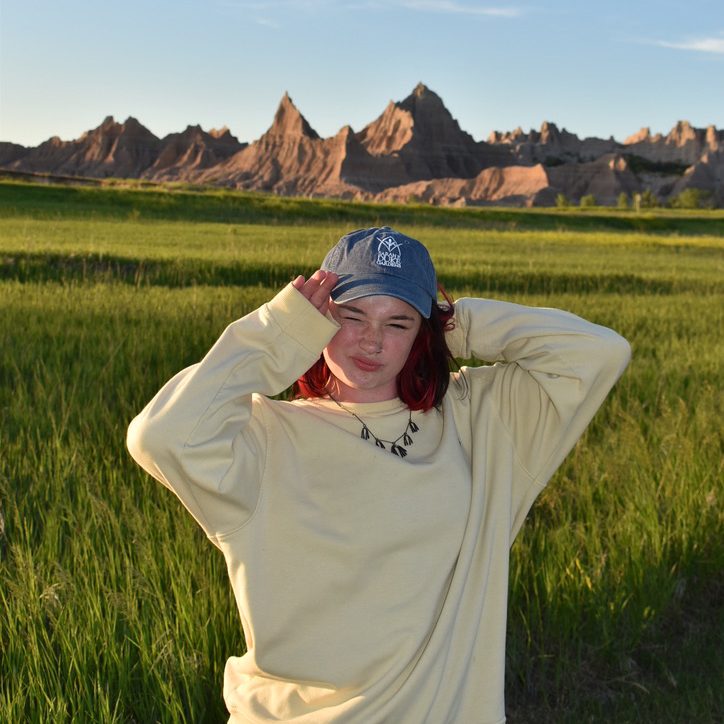
Sarah Pusser Class of 2028


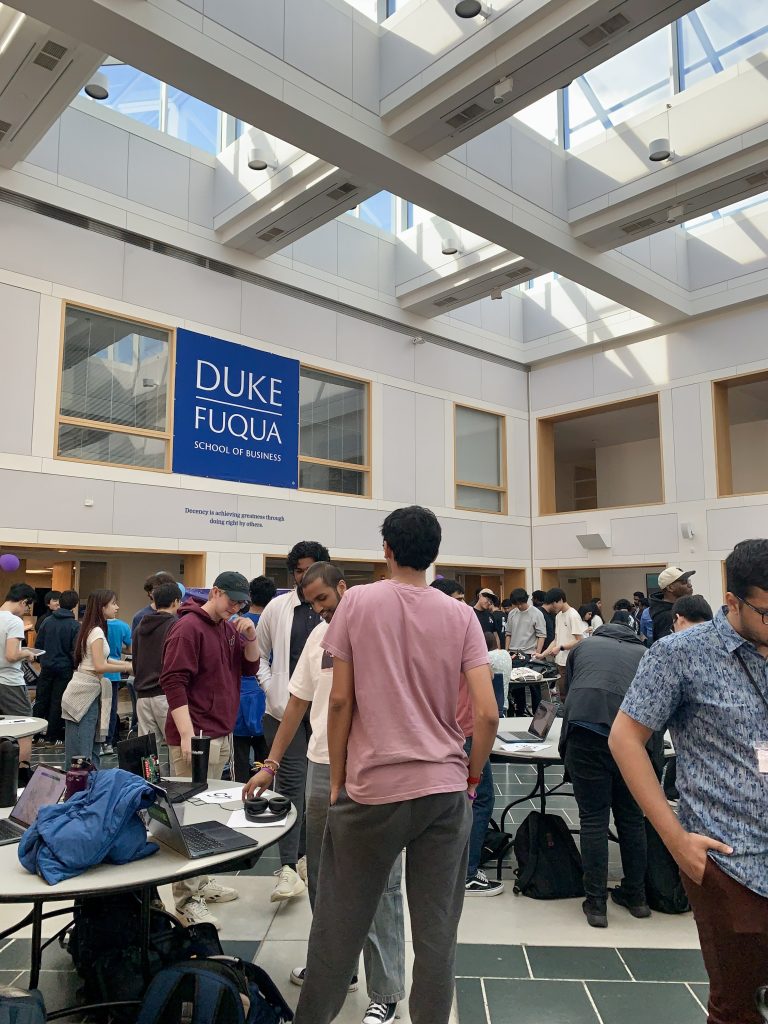

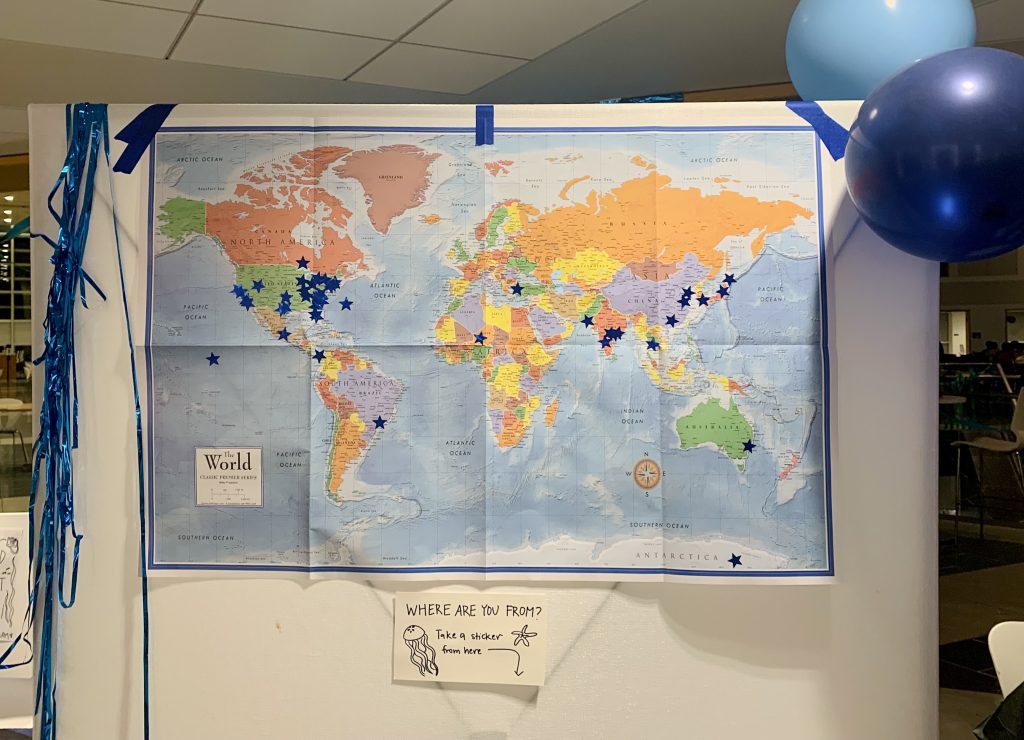
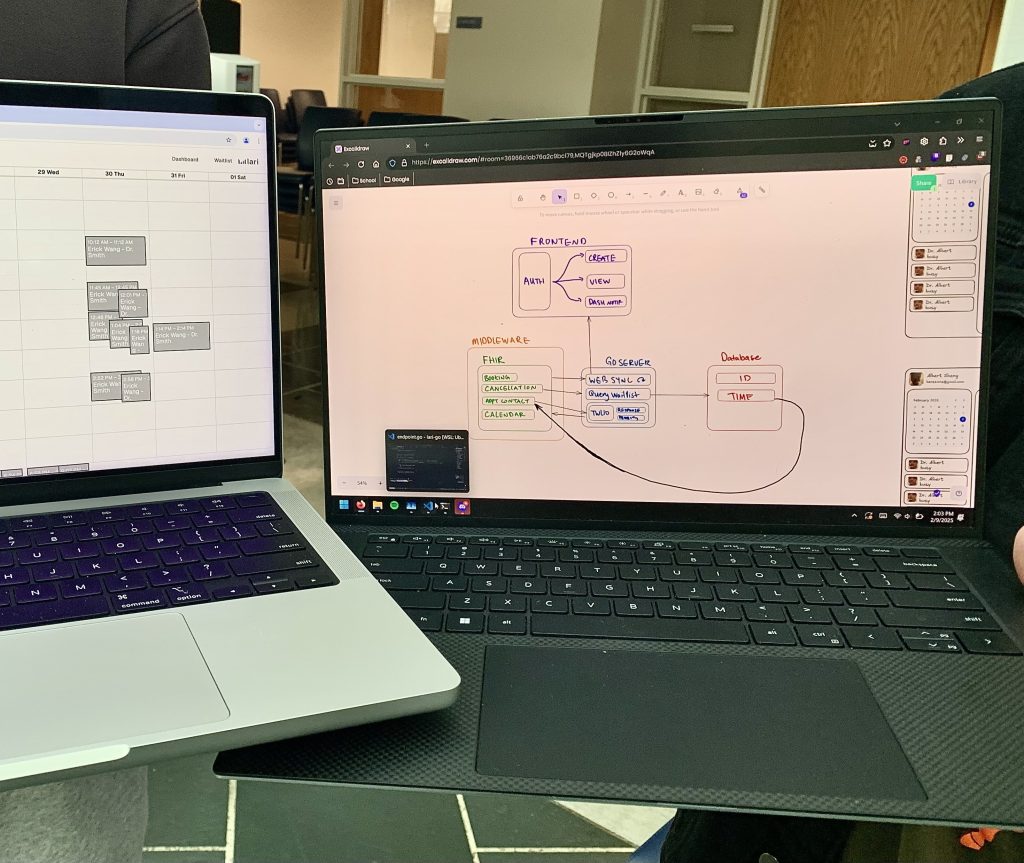
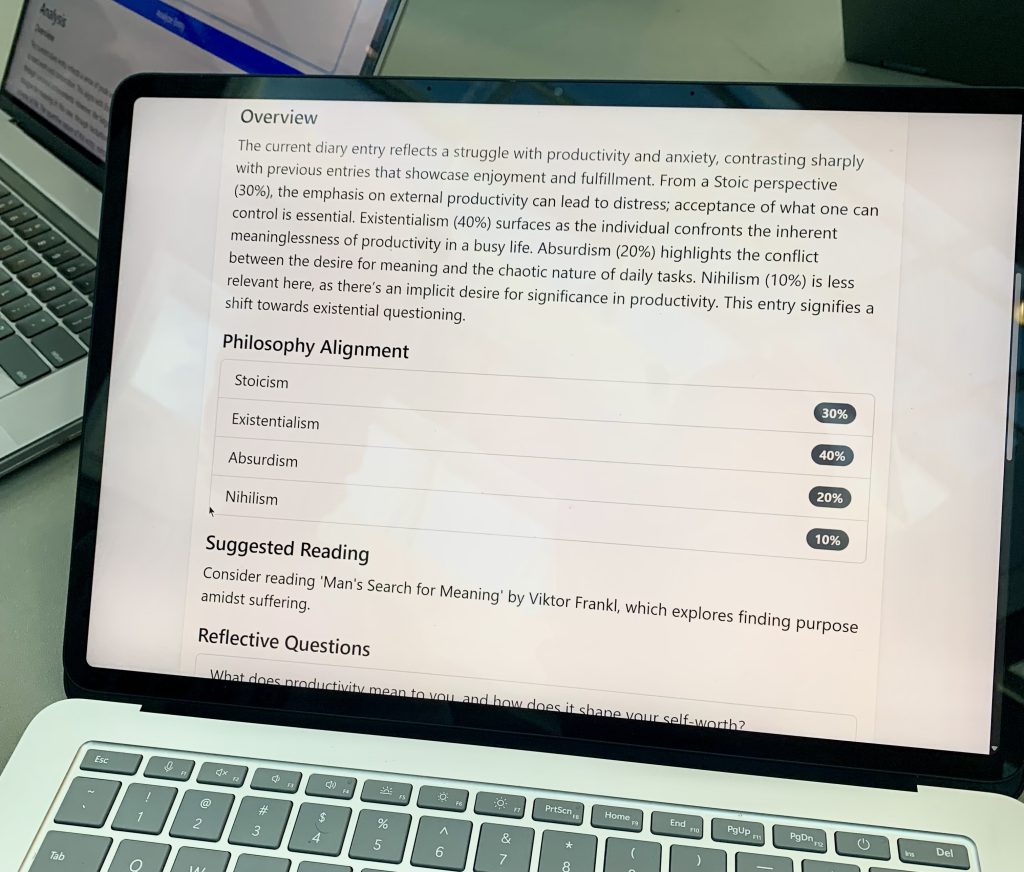
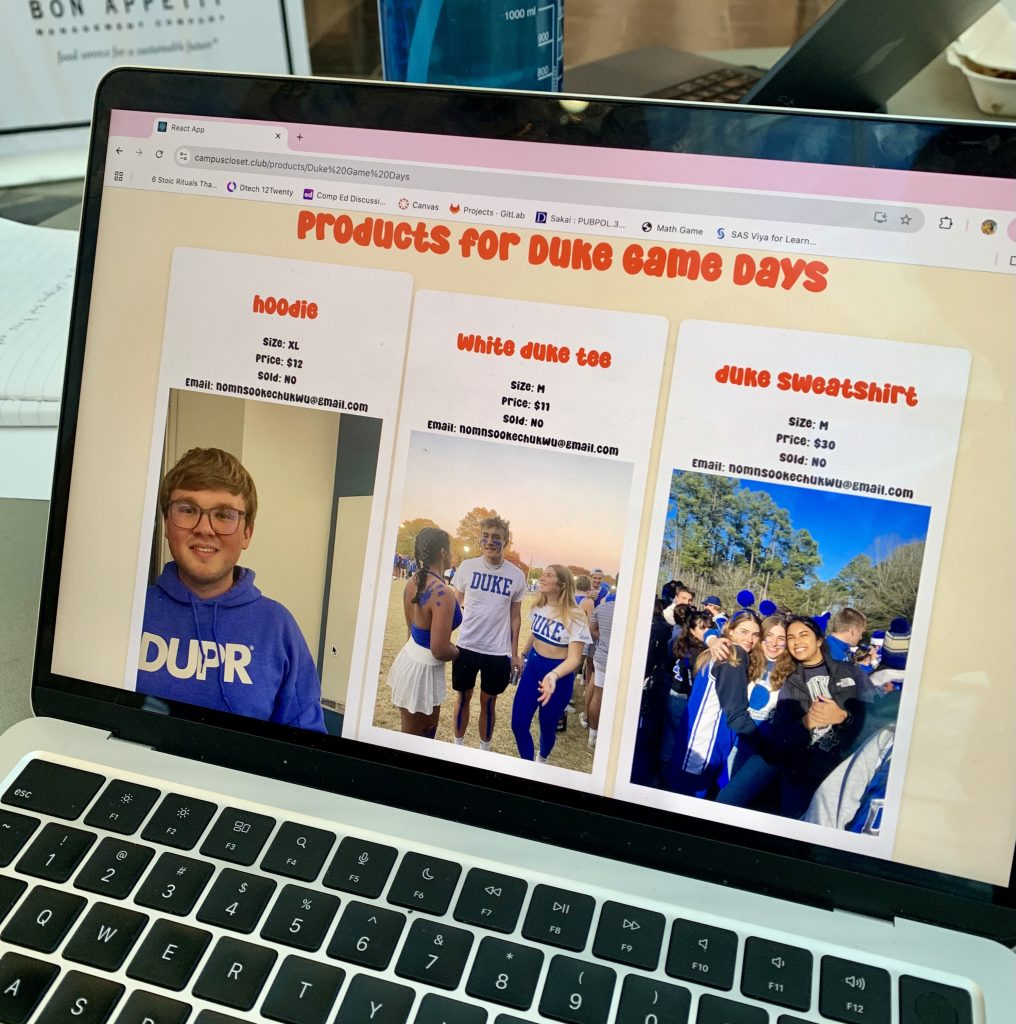

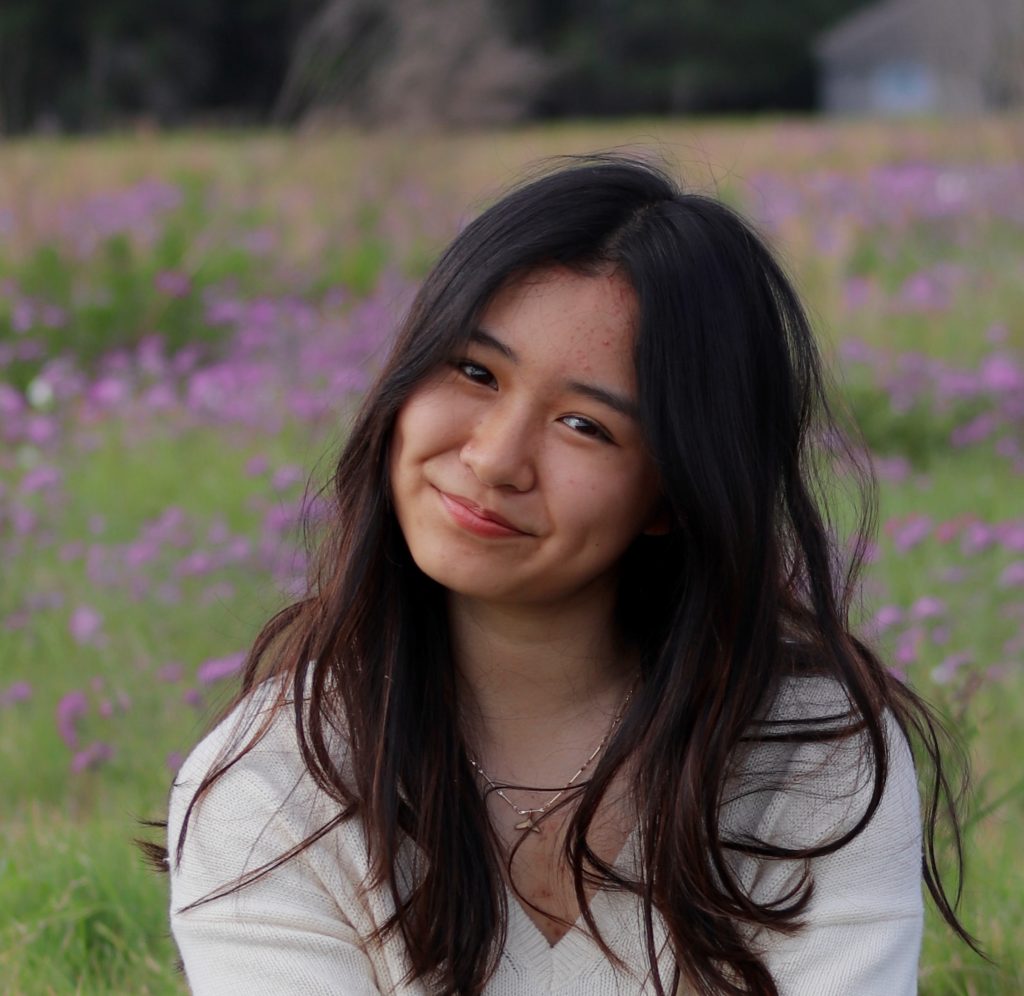
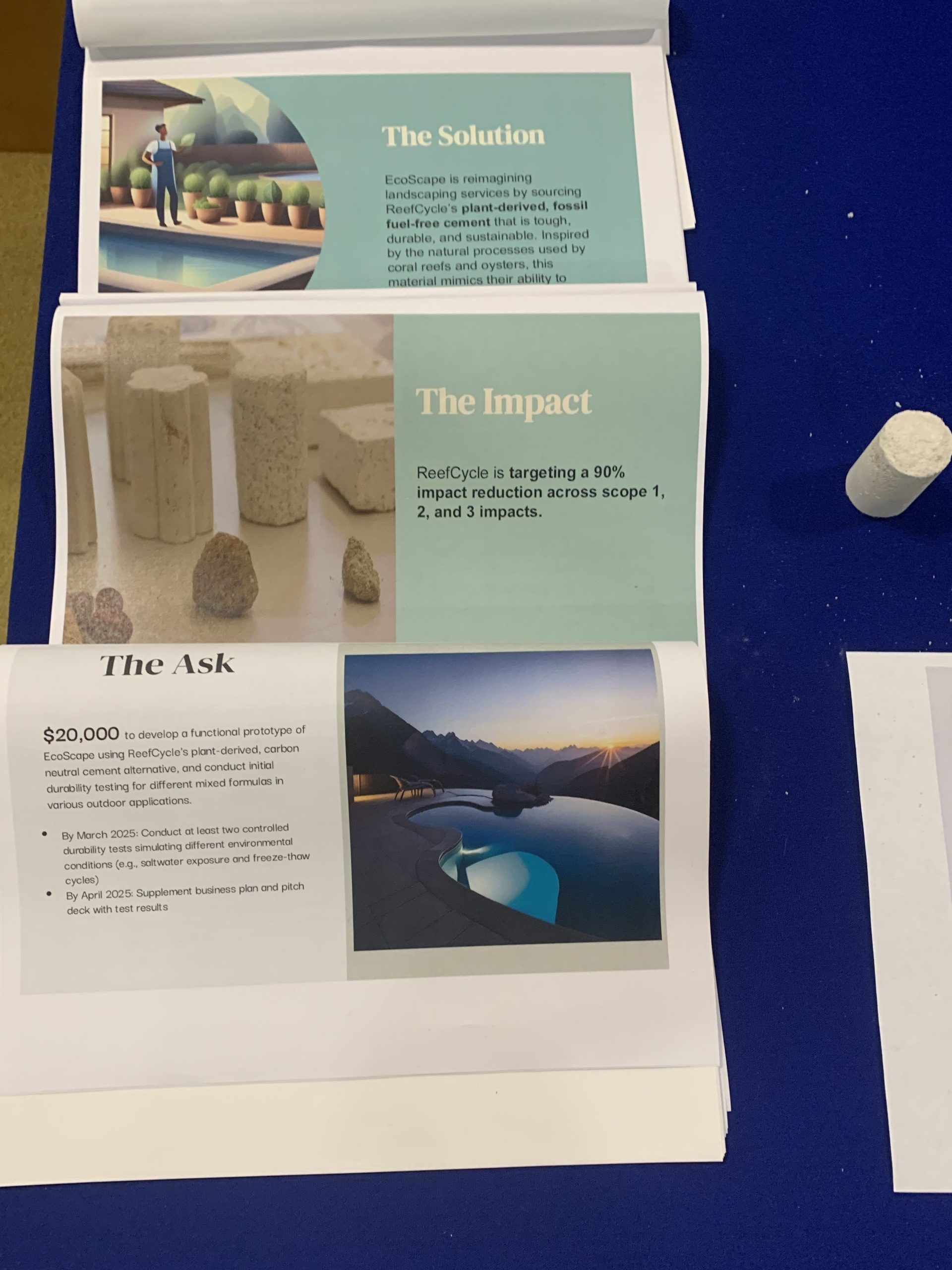
 based and enzymatic, meaning it’s essentially grown using enzymes from beans. Testing in the New York Harbor yielded some promise: the cement appeared to resist corrosion, while becoming home for some oysters. The Design Climate team is now trying to bring it to more widespread use on land, while targeting up to a 90% reduction in carbon emissions
based and enzymatic, meaning it’s essentially grown using enzymes from beans. Testing in the New York Harbor yielded some promise: the cement appeared to resist corrosion, while becoming home for some oysters. The Design Climate team is now trying to bring it to more widespread use on land, while targeting up to a 90% reduction in carbon emissions 
